Traditional herbal therapy has been used by societies worldwide for thousands of years to treat illness.
Modern medicine and technology have come a long way, but there is still a growing desire for herbal medicines worldwide.
Because they align with their personal health ideals, many people in Nigeria prefer utilizing natural therapies over conventional ones, which might sometimes be more accessible and inexpensive.
One such traditional/alternative medicine is Dongoyaro leaves. This article will explore whether dongoyaro leaves are a safe antimalarial alternative during pregnancy.
What is Dongoyaro Leaf?
Dongoyaro, also known as the Neem plant, is a tropical herb that grows in Africa, Asia, and South America. It has broad leaves that, when crushed, emit a strong odor.
The leaves have a dark green tint, but when they are dried, they become brown. They develop on trees that can grow up to 30 meters tall. At the end of each branch, the plant produces clusters of three or four leaves.
Dogoyaro leaves in Nigeria, called "Wonder leaves," are an ancient herb. It has a compelling hold on beauty regimens, and people believe it has several health advantages.
Neem leaves (Dongoyaro) are widely renowned for their ability to protect the environment and their therapeutic benefits.
Constituents of Dongoyaro Leaves
Dongoyaro leaves include a variety of vitamins and minerals that are healthy for both the body and the psyche.
It includes valuable anti-fungal, anti-bacterial, and anti-inflammatory components, such as Nimbin, nimbinen, nimbolide, nimandial, and ninbinene.
Potent antifungal compounds called gedunin and nimbidol that are present in neem leaves kill the fungi that cause nail fungus, ringworm, and athlete's foot.
Additionally, they are abundant in antioxidants that help fend off free radicals that can harm your cells, as well as iron, calcium, magnesium, zinc, and potassium.
Benefits of Dongoyaro Leaves
Dongoyaro has numerous health benefits, including:
- Anti-inflammatory properties: For centuries, dongoyaro leaves have been used as a natural remedy for various inflammatory conditions, such as arthritis and rheumatism.
- Antioxidant properties: Dongoyaro is rich in antioxidants, which can help to protect the body from damage caused by free radicals.
- Immune system boost: Dongoyaro helps to boost the immune system and help fight infections.
- Improved digestion: Dongoyaro has been used to treat digestive disorders, such as indigestion, bloating, and constipation.
- Potential cancer-fighting properties: Some studies suggest that dongoyaro may have anti-cancer properties and may help to prevent the growth and spread of cancer cells.
Is Dongoyaro a Safe Anti-Malaria Treatment?
Although dongoyaro is known as a natural malaria therapy in traditional medicine, little scientific data support its effectiveness and safety.
Before trying any new therapy, including herbal therapies, it is always essential to speak with a medical practitioner to be sure it is safe and suitable for you.
It is crucial to remember that malaria is a severe and possibly fatal ailment, so if you think you may have it, you should seek immediate and proper medical attention.
Overusing alternative treatments like dongoyaro might delay getting the proper care and raise the risk of life-threatening consequences.
Is it Safe to Consume Dongoyaro During Pregnancy?
There is limited research on the safety of dongoyaro during pregnancy. There is little evidence on whether dongoyaro is safe for use by pregnant women or if it could have any harmful effects on the developing fetus.
Generally, it is best for pregnant women to avoid using new or unproven remedies, including herbal ones, during pregnancy.
If you are pregnant and considering using dongoyaro as an antimalaria treatment, it is best to consult a healthcare professional to discuss the potential risks and benefits.
Given the lack of research on dongoyaro's safety during pregnancy, we wouldn't advise a pregnant lady to ingest many leaves.
Your doctor can help you determine whether dongoyaro is safe for you and your baby and provide guidance on the best course of action for your situation.
Conclusion
Pregnant women should use caution when utilizing new or untested medicines, including herbal remedies, since some ingredients may be detrimental to the growing fetus.
You should speak with your doctor to explore the possible dangers and advantages of using Dongoyaro while pregnant.
Remember to stay PreggySafe!


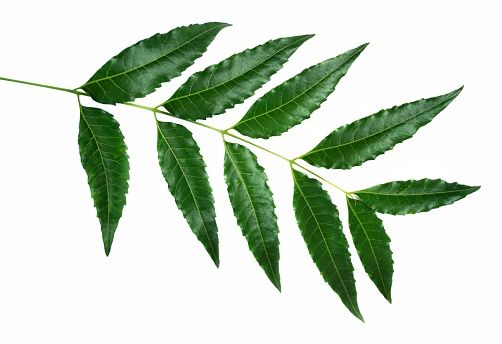
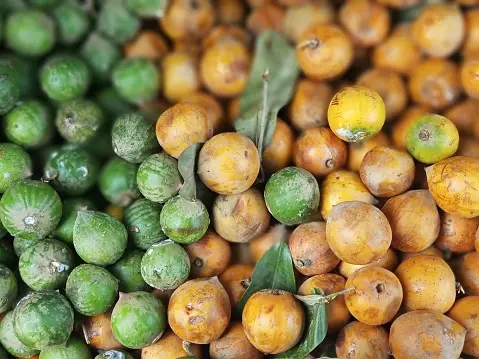
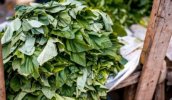
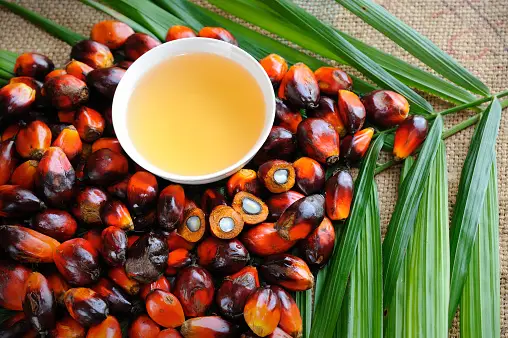

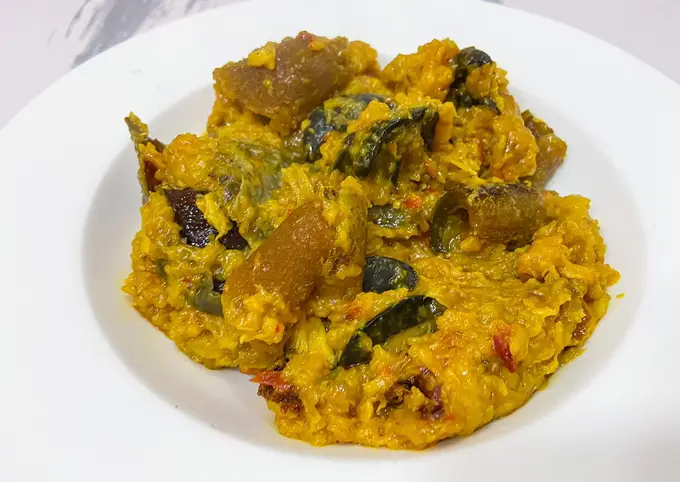


Comments